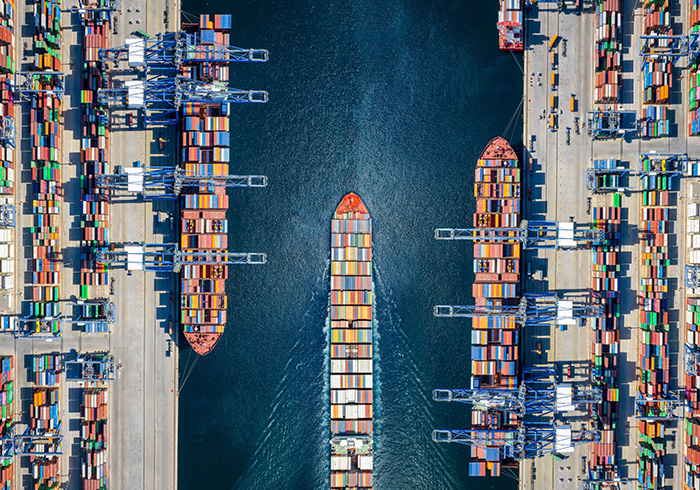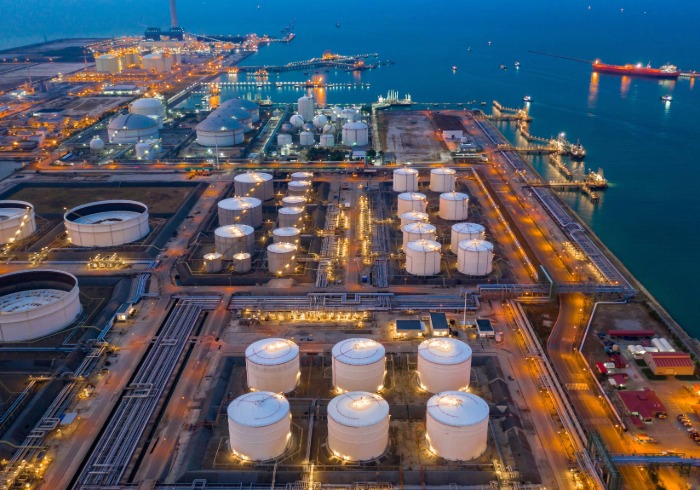The World Trade Organization (WTO) has appointed Emmanuelle Ganne as chief of its newly established digital trade and frontier technologies section.
The section will act as a hub of expertise, co-ordinating efforts across the WTO to address the transformative impact of digitalisation and emerging technologies on global trade. Its mission includes policy support, capacity building and technical assistance to member states, with a focus on fostering inclusivity and narrowing the digital divide.
Ganne, who moves from a senior analyst role at the WTO, tells GTR that her new remit involves representing the WTO on issues related to digital trade and frontier technologies, including artificial intelligence (AI) and blockchain.
“I’ll coordinate activities across the organisation, including research and technical assistance, and act as the focal point for collaboration with external stakeholders, including international organisations and the private sector,” she says.
“A key part of my work will be to develop a forward-looking policy research agenda, together with other divisions, to enable the WTO to provide relevant, substantive support to our members on economic and legal issues raised by digital technologies.”
Assembling a team is Ganne’s top priority in the role, which she started in early January.
While some staff will be reassigned internally, she acknowledges that external recruitment will likely be necessary to meet the section’s needs. “The specifics are still being defined, however, this is my top priority, as securing additional team members is essential for us to accomplish our goals,” she says.
Another key focus for Ganne at the outset is engaging with member governments to ensure the section’s agenda aligns with their needs. “We are a member-driven organisation, so understanding their priorities has to be one of the first steps,” she says.
Beyond staffing, Ganne highlights the importance of building communities of experts to bring in specialised knowledge and keep the WTO updated on rapidly evolving technologies. “These issues can be very technical, so I feel it’s important to have strong communication channels with the outside world,” she says, referring to academics and private sector stakeholders as essential collaborators.
Ganne’s vision for the section includes an ambitious research agenda to support WTO discussions and negotiations while rethinking technical assistance to address the fast-paced nature of digital developments. “There is a risk of deepening the digital divide. Building capacity in all areas impacted by digital technologies is crucial to promote inclusive trade,” she notes.
Strengthening external partnerships is also a priority. “We can’t do everything ourselves. For example, we already work with the World Bank on the Digital Trade for Africa project, which we’re now expanding to Latin America with the Inter-American Development Bank,” Ganne explains. She sees further collaborations as essential to achieving the section’s objectives.
Among frontier technologies, AI excites Ganne the most for its “tremendous opportunities” in areas such as trade finance, she tells GTR. While blockchain initially captured her interest for its potential to enhance transparency and streamline processes, she acknowledges that the spotlight has shifted to AI.
“AI can draw on non-traditional data sources to facilitate assessment of creditworthiness and allow micro-enterprises, for example, to better access credit,” she says.
However, Ganne also stresses the significant ethical and regulatory challenges AI presents, calling for “a globally co-ordinated approach” to address fragmented frameworks. “The WTO can play an important role… in promoting regulatory convergence,” she adds.
With over eight years as a senior analyst in the WTO’s Economic Research Department, Ganne brings deep expertise in disruptive technologies and trade-related research, particularly on micro, small, and medium-sized enterprises and global value chains.
Prior to this, she held various positions at the WTO, including as counsellor to the director-general and working in the accessions division, where she assessed the trade policies of governments seeking WTO membership and provided advice on improving their business environments.
She also previously worked as a consultant for the World Bank and the International Development Group, and as vice-president for Europe at Allam Advisory Group.
Ganne began her career at the OECD as an administrator working on anti-corruption policies in Southeastern Europe.
She represents the WTO on the governance board of the ICC Digital Standards Initiative and is the author of a 2018 book titled “Can Blockchain Revolutionize International Trade?”
The new section operates within the WTO’s Economic Research and Statistics Division, with Ganne reporting to chief economist Ralph Ossa and deputy director-general Johanna Hill.






